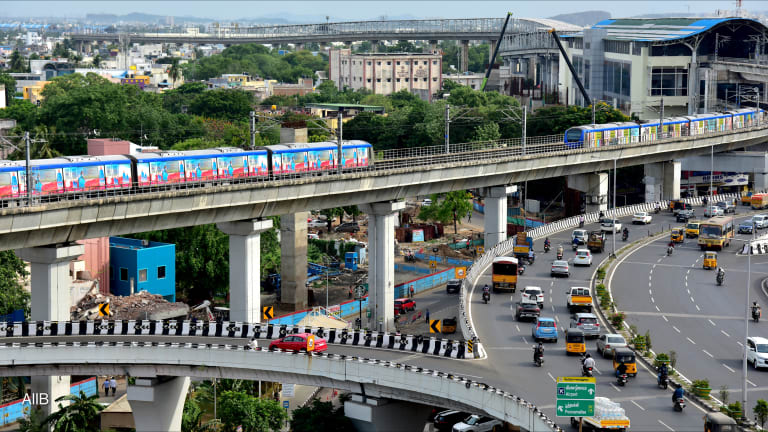Looking at each other in a big conference room on a December day in Paris, negotiators know that their arm wrestling may well be worthwhile this time. The opportunity at hand is immense. A new, binding agreement on climate change represents the last chance for a global concerted effort to prevent an environmental catastrophe, whose probability becomes closer to certainty as the years go by — just as the associated economic and social costs appear more and more evident.
Negotiators are well aware of it. But they are trained to hold the ground and get the best terms for their country in the agreement. And what are those terms? Often, it is those that minimize the short-term cost of mitigation, adaptation and the foregone revenue from “business as usual.”
The underlying notion is the hasty assumption that environmental regulation leads to reduced economic output. This assumption — however appealing from a single business entity’s perspective — needs to be dismissed for being short-sighted and imprecise, if not downright untrue. Arguments against it are mostly based on the true costing of externalities, and on more realistic considerations of time horizons.








